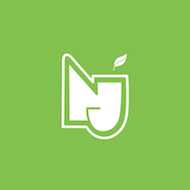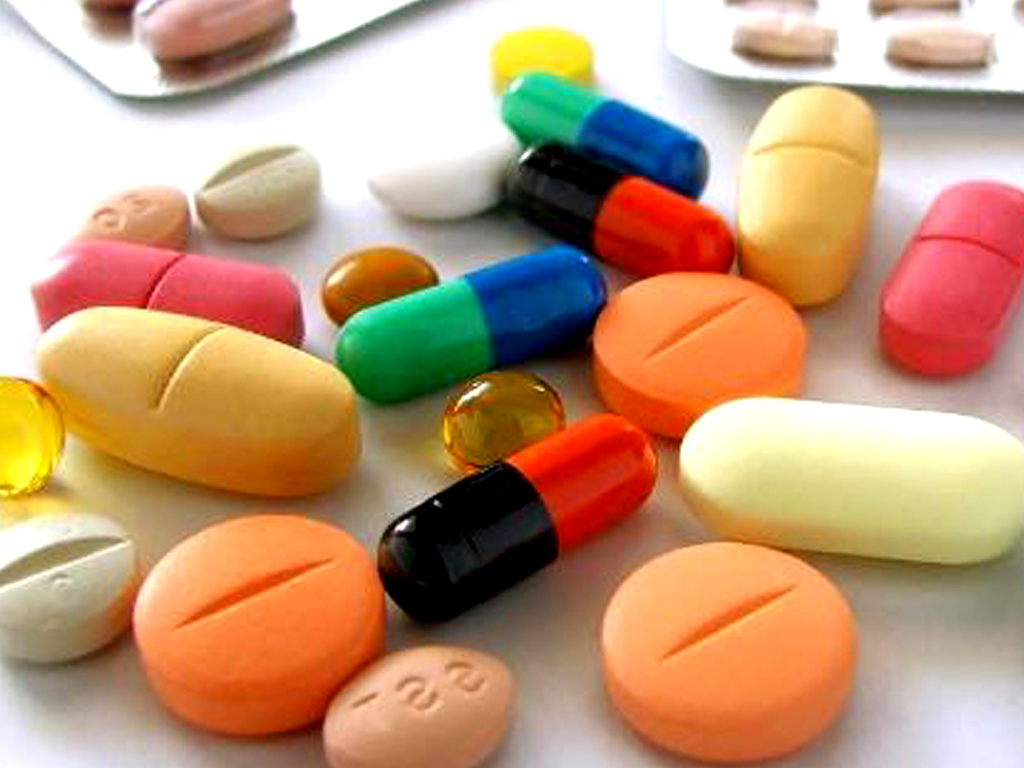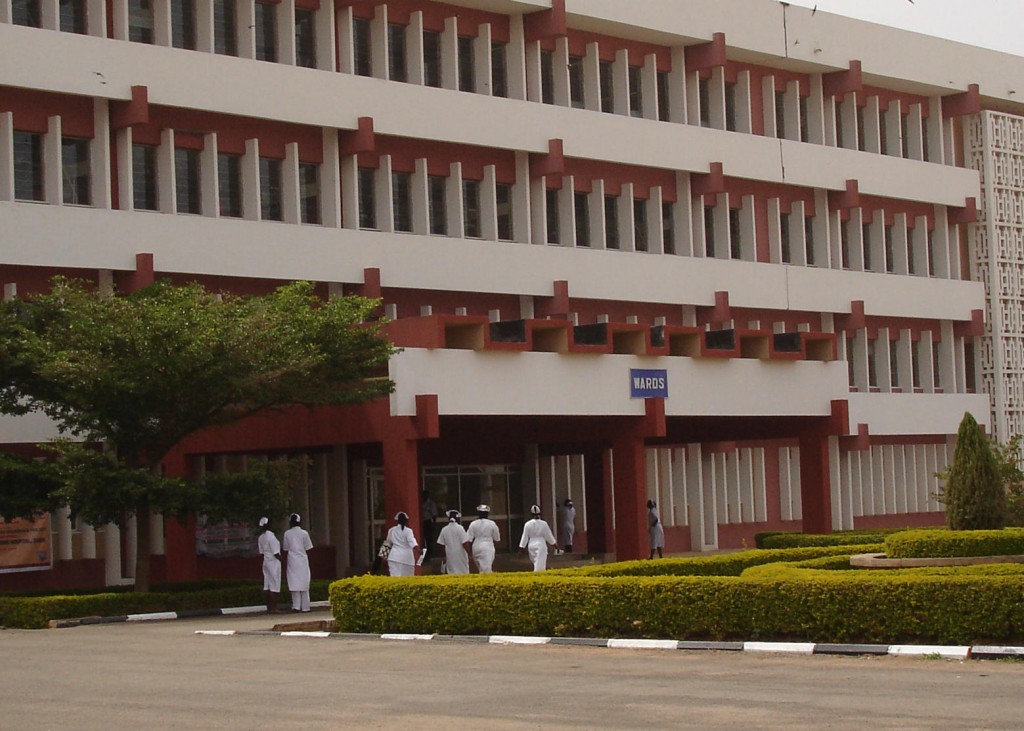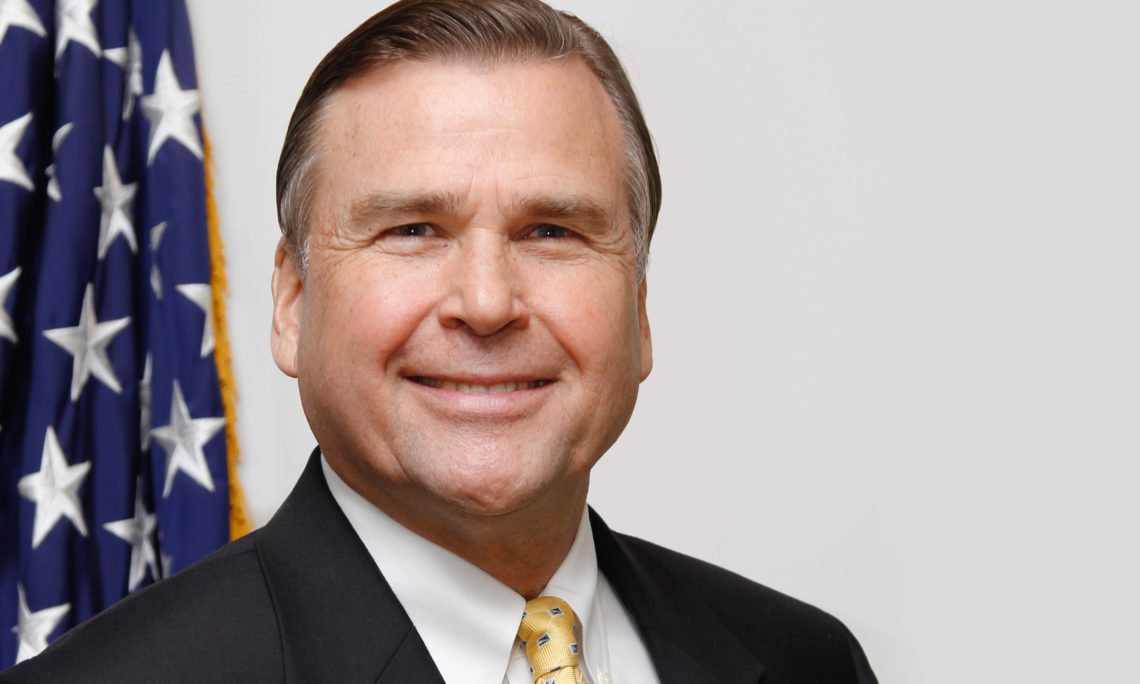Is an enthusiastic and open minded writer. She believes in…
Poor-quality essential medicines (fake drugs) are a substantial and understudied problem in Africa, accounting for 18.7 percent of essential medicines on sale in the continent, researchers have said.
In a new study, researchers estimated the economic cost of these poor essential medicines in African, including in other low- and middle-income countries to range from $10 billion to $200 billion annually. It was in August edition of the journal, JAMA Network Open.
Although the overall prevalence of poor-quality medicines was 13.6 per cent, with the regional prevalence of 18.7 percent in Africa and 13.7 percent in Asia, they said deficiencies in quality were more prevalent among antimalarial (19.1 percent) than antibiotics (12.4 percent).
For the study, the researchers reviewed 265 studies comprising 400,647 drug samples and meta-analysis of 96 studies comprising 67,839 drug samples in low- and middle-income countries from inception until November 3, 2017.
They suggested that substandard and falsified medicines burden health systems by diverting resources to ineffective or harmful therapies, causing medical complications and prolonging illnesses.
According to them, these findings are similar to the estimated prevalence from a 2017 report by the World Health Organisation (WHO) that 10.5 percent of medicines worldwide are substandard or falsified.
Given that substandard and falsified (SF) medicines are a substantial health and economic problem, they declared that a concerted global effort is needed to secure the global supply chain, increase quality control capacity, and improve surveillance to better assess the problem and identify solutions.
Ensuring this, they said will require studies to estimate the burden beyond market size to accurately assess the scope of the issue and inform efforts to address it.
In addition, they indicated that global collaborative efforts are needed to improve supply-chain management, surveillance, and regulatory capacity in low- and middle-income countries to reduce the threat of poor-quality medicines.
They stated: “Poor-quality medicines cause increased costs for patients and the health system. Some of these costs, such as resources wasted on ineffective therapies and treating additional complications, are borne primarily by consumers and health facilities.
“Over time, diminished trust in licensed health care professionals may further encourage informal care-seeking and self-medication.
“Circulation of SF medicines with little clinical effectiveness also places entire communities at risk of drug resistance, posing a threat to global treatment effectiveness, as well as undermining people’s overall trust in the health system and its legitimate health care professionals.
“Poor health outcomes can also erode trust in the manufacturers of genuine pharmaceutical products, which are often challenging to distinguish from SF ones without the use of verification technologies.
“This issue also directly threatens global health security and efforts to meet the United Nations Sustainable Development Goal 3.8, to achieve universal access to safe and effective essential medicines.”
Is an enthusiastic and open minded writer. She believes in excellence and is always willing to lend her voice to necessary courses that are dear to her heart. Jewel is also a content developer and an upcoming media strategist.







